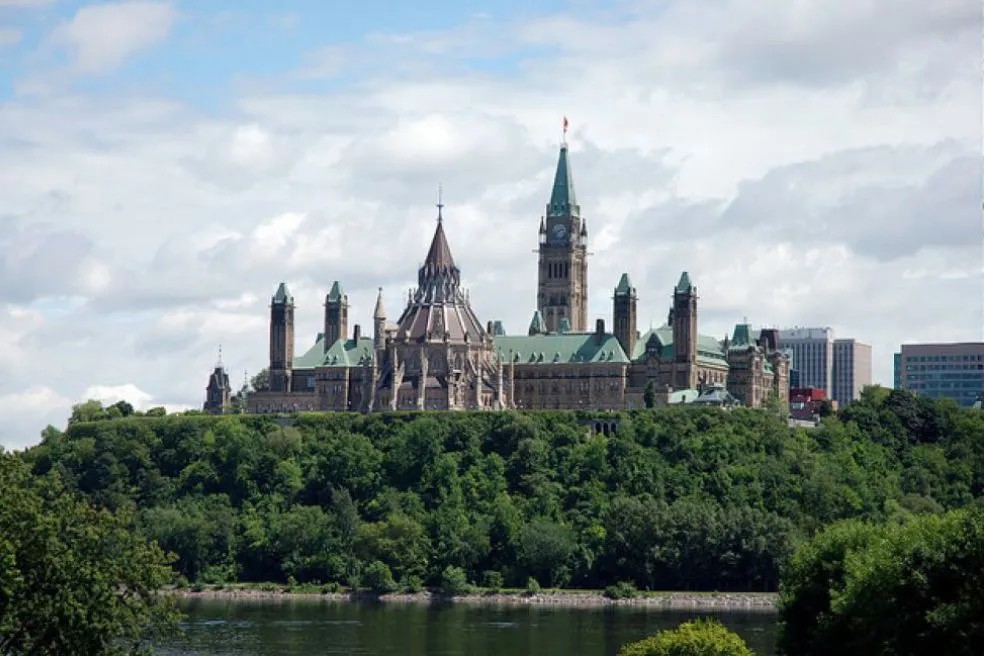With this week’s report from the federal Environmental Commissioner and auditors general across Canada, new light has been shone on the country’s ability to hit our climate targets. More and more, this kind of news is becoming unacceptable to Canadians.
Recognizing the urgency and importance of the climate challenge, Canadians are increasingly demanding that policy makers implement credible plans to reduce carbon pollution. Indeed, a 2017 poll conducted by Abacus found that half of Canadians would only consider voting for a party committed to fighting climate change, and that 91 per cent of Canadians believe we have a moral responsibility to act for future generations.
In large part, leaders of political parties are responding with promises to take climate action — but the actual details vary widely. In some cases, they are promising action on climate while committing to roll back current policies. Regardless of political stripe, leaders must be able to demonstrate that they will deliver the results Canadians are looking for.
While there have been considerable steps forward in recent years, Canada has a history of governments committing to climate targets and failing to implement policies that make real progress towards those goals. In the absence of credible analysis, it is too easy for politicians to promise action on carbon pollution without being held accountable to deliver policies that will make a meaningful impact. Policies should be quantified for outcomes on emissions in the same way they are quantified for budgeting.
But the math behind emissions reduction is complex — and economy-wide — and there is a need for a broad range of tools to help provide this analysis. One tool missing from the toolbox to date has been an accessible, free, transparent, open source, and easy to use, so that objective analyses can be conducted by a variety of stakeholders. Tools like this, that allow for anyone to roll up their sleeves and do the math, are essential to help inform the debate around climate and energy policy in Canada.
 Recognizing this gap, the Pembina Institute in partnership with the U.S.–based Energy Innovation, is launching the first such model for Canada. This tool estimates the environmental, economic, and human health impacts of these policies to determine which will be most meaningful in reducing emissions and at what cost. Combined with the existing models in Canada that provide deep insights, such a tool can enable Canadians to hold parties, candidates, and elected officials to account for policies that deliver on promises, as opposed to simply making platitudes about action to reduce carbon pollution. It will continue to evolve and improve as experts provide feedback and input.
Recognizing this gap, the Pembina Institute in partnership with the U.S.–based Energy Innovation, is launching the first such model for Canada. This tool estimates the environmental, economic, and human health impacts of these policies to determine which will be most meaningful in reducing emissions and at what cost. Combined with the existing models in Canada that provide deep insights, such a tool can enable Canadians to hold parties, candidates, and elected officials to account for policies that deliver on promises, as opposed to simply making platitudes about action to reduce carbon pollution. It will continue to evolve and improve as experts provide feedback and input.
So far, for example, analysis undertaken with the model shows that the Pan-Canadian Framework on Clean Growth and Climate Change is on the right path to meeting our 2030 target, but more work is needed — aligned with the findings from the auditors general report.
Policies within the PCF need to be fully implemented, and then strengthened over time, or additional policies need to be added. Without continuing to increase the level of ambition following the current schedule, the PCF will fall short in delivering on the target and Canada won’t be on track to reach the mid-century decarbonization goal.
Given the importance that Canadians place on reducing carbon pollution and protecting our climate, it is no longer enough to simply make promises or show progress. We must have credible plans that deliver the goods, and accessible tools that keep governments accountable to these plans.









